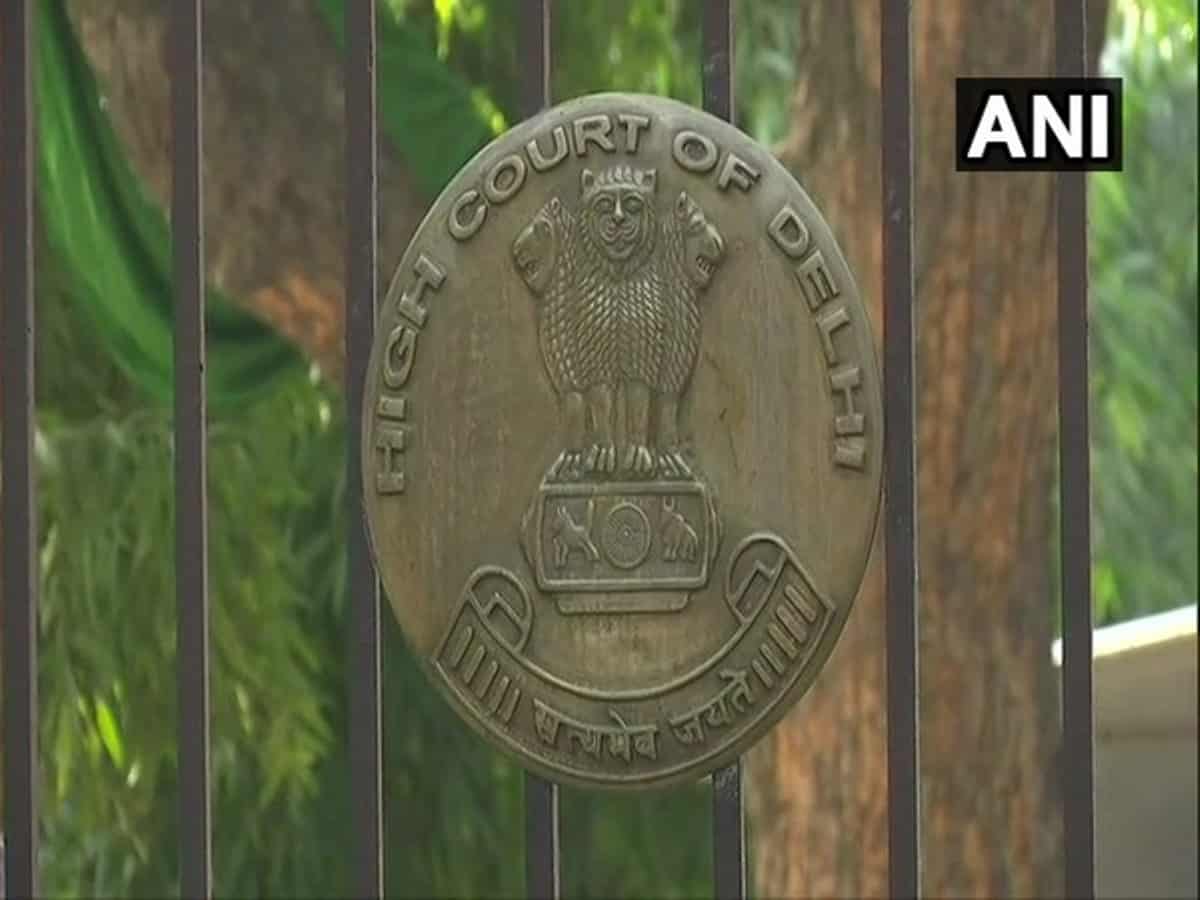
New Delhi: The Delhi High Court on Friday asked authorities to file by July 7 a social investigation report of convict Ariz Khan, awarded death penalty in the sensational 2008 Batla House encounter case in which decorated Delhi Police inspector Mohan Chand Sharma was killed.
A special bench of justices Siddharth Mridul and Amit Sharma, which had also directed the state to file the report earlier, granted more time to submit a complete copy of the report, including home town report, in relation to Khan.
The bench directed that the report shall be filed before the court on or before the next date of hearing, that is July 7.
Special Public Prosecutor Rajesh Mahajan, representing the government of NCT of Delhi, sought some more time to file the complete report.
The high court also asked the state counsel to supply a copy of the report to advocate Quasar Khan, who was representing Ariz Khan in the case.
The social investigation report deals with certain details of the convict, including age, early family background, present family background, type and level of education, socio-economic background, criminal antecedents, income and the kind of employment.
It also includes a report from the jail where the convict is lodged, including his conduct, mental and psychological condition.
While Khan was awarded death penalty by a trial court, Shahzad Ahmed was sentenced to life imprisonment in the case. Both had challenged their conviction and sentence in the case.
The state had also filed an appeal seeking enhancement of the life term awarded to Ahmed.
The high court was informed on March 10 that Ahmed passed away in jail during the pendency of the appeals and the proceedings against him were abated.
The high court has received a reference for confirmation of the death sentence awarded by the trial court to Khan for the murder of Sharma.
When any person is awarded death penalty by a trial court, its judgement is examined by the high court through hearing arguments for confirmation of the death sentence.
The case documents and trial court judgement reach as death reference to the high court from the trial court.
In July 2021, Khan filed an appeal against the trial court verdict which said the offence fell under the “rarest of the rare category” warranting the maximum sentence and he be “hanged by neck” till death.
Sharma of the special cell was killed during the encounter between the police and terrorists in Jamia Nagar in south Delhi following serial bomb blasts in the national capital in which 39 people died and 159 were injured.
The trial court had on March 8, 2021, convicted Khan saying that it was duly proved that he and his associates murdered Sharma and fired gunshots at him.
The trial court, on March 15, 2021, sentenced Khan to capital punishment and also imposed a fine of Rs 11 lakh on him, making it clear that Rs 10 lakh should be immediately released to the family members of Sharma.
It had termed the act of Khan of firing on a police party without any provocation as “abhorrent and brutal” and said this itself showed that he was not only a threat to society but was also an enemy of the State.
The trial court, which had said that the convict on account of his despicable act has forfeited his right to live, held that the offence proved against Khan was not an ordinary act but a crime against the State, and while committing the offence, he acted like a “dreaded and well-trained terrorist” who does not deserve any leniency.
A trial court had sentenced Indian Mujahideen terrorist Ahmed in July 2013 to life imprisonment in connection with the case. His appeal against the verdict has been pending in the high court.
Khan had fled from the spot and was declared a proclaimed offender. He was arrested on February 14, 2018, and faced trial.
The trial court had said it has been proved on record that Khan after the shootout managed to escape and run away from the spot and eluded investigating agencies for almost 10 years despite a coercive process against him.
“Involvement of convict in various blast cases not only in Delhi but also in Jaipur, Ahmedabad, and UP, in which hundreds of innocent people were killed and injured, further demonstrates that the convict continues to be a threat to the society and the nation,” it had added.
The court had said deadly weapons like AK-47 and two pistols were retrieved from the flat where the shootout took place and considering the nature of devastation that these weapons can cause, it would be safe to conclude that these weapons were kept to indulge in terrorist and anti-social activities.
Khan was further sentenced to life imprisonment for the offence of an attempt to murder.
The court also sentenced him to three years imprisonment for voluntarily obstructing police from discharging their duty, 10 years rigorous imprisonment for voluntarily causing grievous hurt to police officials, rigorous imprisonment for two years for assault on a public servant, and three years imprisonment for the offence under section 27 (using arms) of Arms Act.



